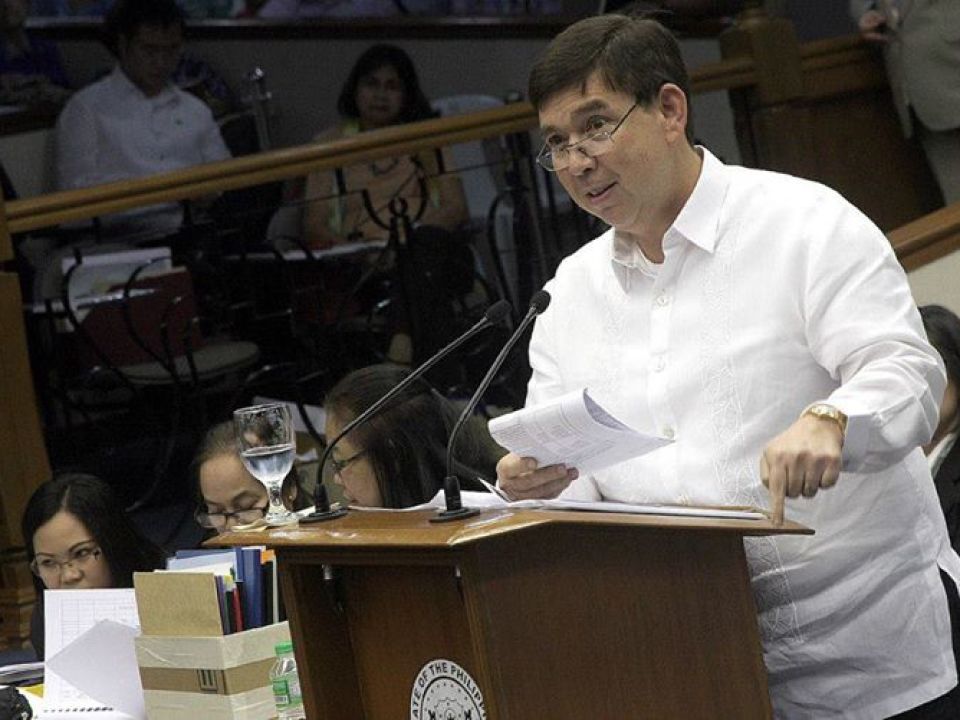
MANILA – Senate Minority Leader Ralph Recto on Thursday urged President Rodrigo R. Duterte to grant parole or pardon to sick and old prisoners to address congestion in some of the country’s jails.
Recto cited the congestion rate in the four most tightly-packed jails in the country to prod the government to initiate reforms in the country’s penal system which, with 135,000 inmates, are almost at four times their capacity.
“It is no longer accurate to call our prisons na parang sardinas sa sikip. The correct term is ‘daig pa ang siniksik na longganisa,’ (It is no longer accurate to describe our prisons as ‘crammed like sardines.’ The correct term is ‘worse than a packed sausage’),” Recto said.
He said President Duterte should grant parole or pardon to “old, infirm, or gravely- or terminally-ill prisoners,” especially those who are not guilty of heinous crimes.
If Duterte plans to release so-called “political prisoners” as part of the trust-building steps to clinch a peace deal with Communists, “then he must set in motion a process that will grant liberty to prisoners sick of cancer, the aged, the infirm, those who can be freed on humanitarian grounds.”
Duterte’s predecessor, President Benigno Aquino III, exercised his power to grant executive clemency only 67 times during his six years in office, according to an official report.
“It is one record President Digong can easily top. And he must use this power to forgive lonely, old, sick and infirm inmates who have paid their debt to society,” the senator said.
In a resolution, Recto urged the Senate to probe “the worsening conditions” in the country’s prisons, which will cost taxpayers Php10.1 billion to maintain this year.
Another compelling reason why prisons must be reformed was their expected intake of thousands of new inmates, Recto said.
With the administration’s war on crime and illegal drugs netting thousands, many of whom may be jail-bound, “there’s a need to find space for them because our standing-room-only prisons are filled to the rafters,” he added.
Two government agencies run the “prison republic” – the Bureau of Jail Management and Penology (BJMP), which is under the Department of Interior and Local Government, and the Bureau of Corrections (BuCor), which is attached to the Department of Justice.
Detainees awaiting trial and those who have been sentenced by the courts to serve time for three years or less are committed to the BJMP. It had 93,961 detainees under its care as of September last year.
Those who have been sentenced to more than three years and one day in prison are sent to eight BuCor facilities. More than half, or 23,749 of BuCor’s 2016 prisoner population of 41,207, are in the New Bilibid Prison in Muntinlupa City.
BJMP jails are 397 percent over capacity, Recto said. “Cells built for 18,881 prisoners now house 93,961.”
Citing BJMP data, he said the top four most congested BJMP jails – in Malolos City, Bulacan; San Pedro, Laguna; General Trias, Cavite; and the female dormitory of Quezon City Jail – have a congestion rate of 2,000 percent.